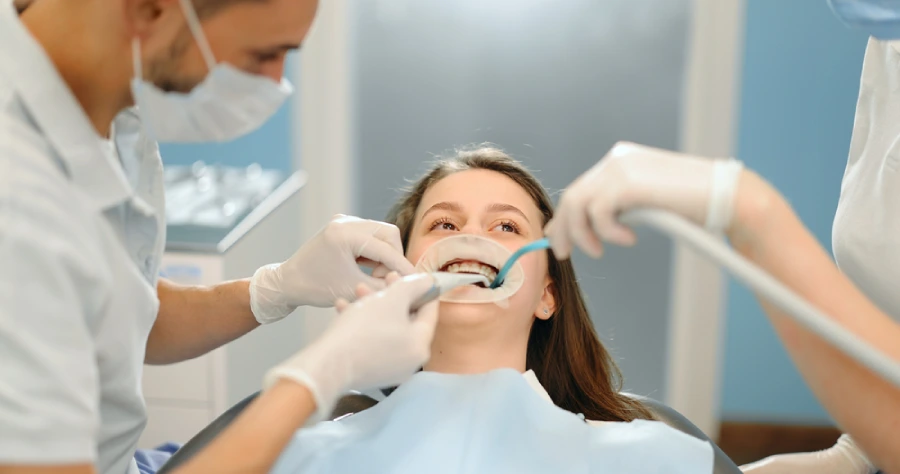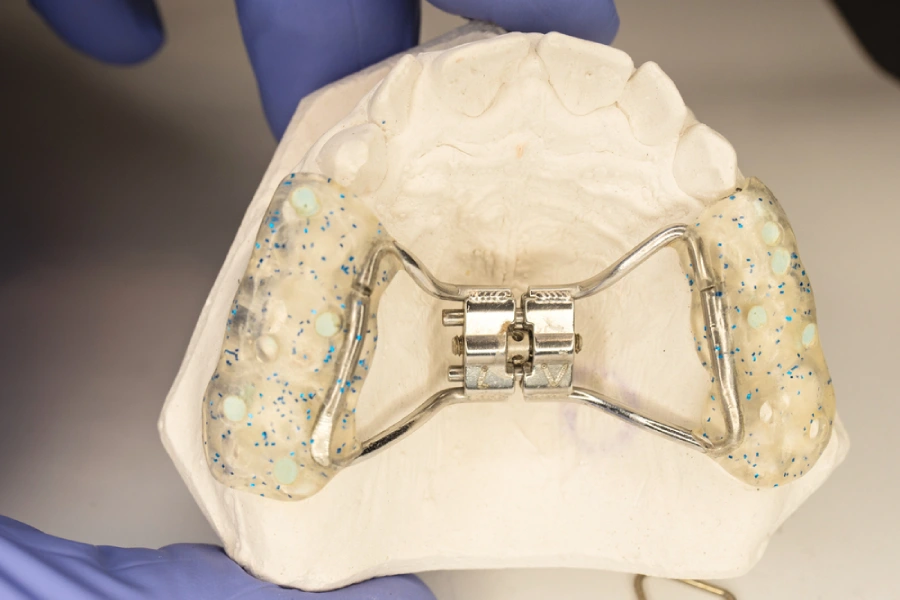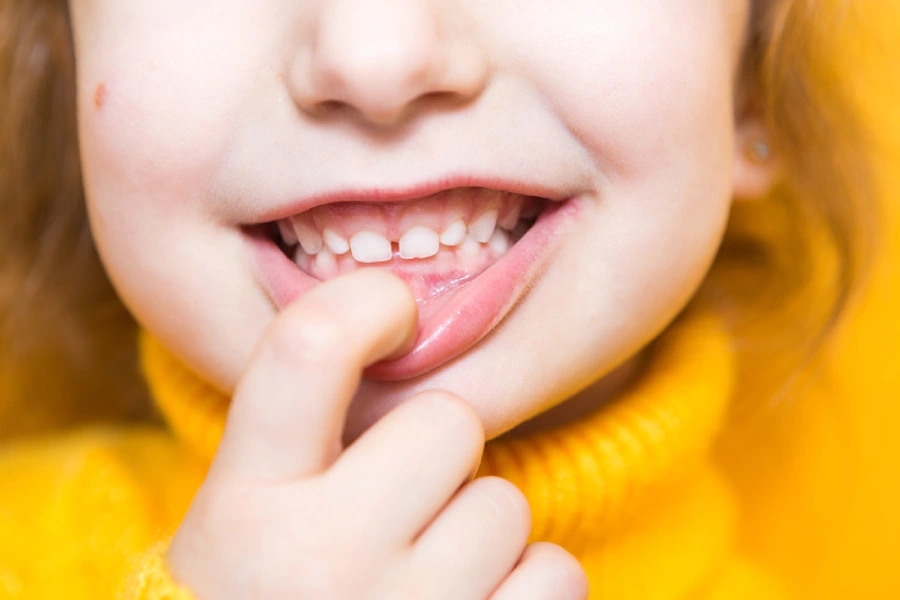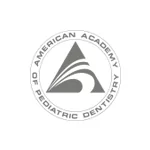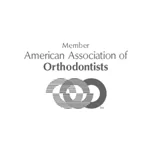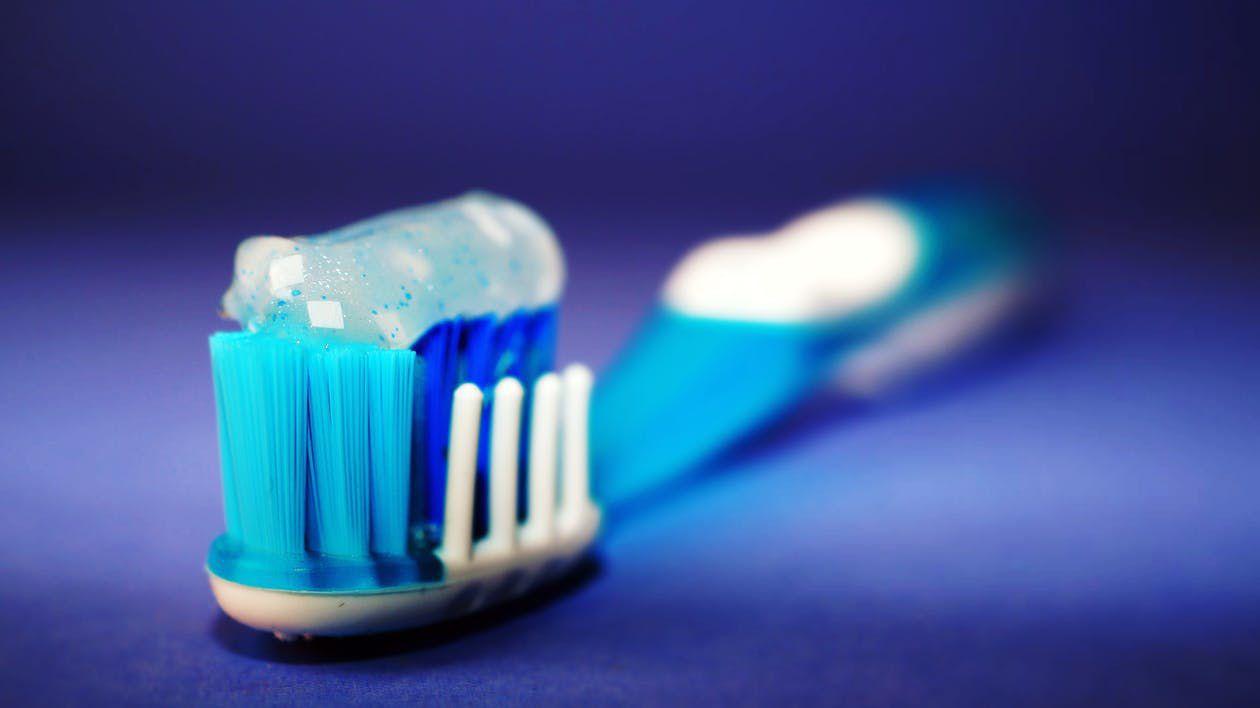
As the State of Nebraska and city governments across the Great Plains battle the spread of COVID-19, scientists are racing against the clock to find a treatment for the virus that has killed numerous thousands globally while grinding local economies to a halt. Cable news channels and other media have been constantly covering the war against this pandemic, yet they have missed an essential piece of the puzzle: oral health.
While this idea is true for all ages, it’s particularly important among senior citizens who are falling victim to COVID-19 more than any other demographic. For instance, the disease has now amassed a death toll of more than 10,000 people in nursing homes. And COVID-19 doesn’t discriminate according to seniors’ social status: It is taking the lives of well-known individuals like Midwestern singer John Prine, actress Lucia Bosè and renowned neurosurgeon James T. Goodrich.
By itself, the act of brushing, flossing, and rinsing won’t save people from getting COVID-19, but it is an important item for staving the disease off. The mouth is the gateway for pathogens such as bacteria, viruses, or other kinds of microorganisms — which can cause disease — to find their way into the body. COVID-19 is no exception.
How oral health relates to developing a pulmonary infection: Similar to cold and flu viruses, COVID-19 gets transmitted via respiratory droplets that then invade our mucus membranes and multiply within our respiratory system. This condition, in turn, causes pulmonary infections like pneumonia and other respiratory complications.
What exactly is a pulmonary infection, and what does it have to do with our mouth? A pulmonary (lung) infection is caused by a virus, bacteria, or even a fungus. Pneumonia is one of the most common pulmonary infections, particularly among those with COVID-19. If a person with COVID-19 sneezes or coughs, the droplets they put into the air or on the nearby surfaces can infect people who breathe in the pathogens or transfer them to their mouths, eyes, and/or nasal passages by their contaminated hands.
In your mouth, dental plaque can host respiratory pathogens that can be released in saliva. Oral and respiratory microbes can also attach to the endotracheal tube in ventilated patients. Pathogens from both the tube and saliva can be aspirated into the respiratory tract or enter the bloodstream through bleeding gums (periodontal disease) and then, in turn, disseminate to the lungs.
Poor oral health can, therefore, predispose individuals to pulmonary diseases and other health complications.
Not coincidentally, periodontal disease increases in the older population. According to the CDC, 70% of Americans age 65 and older have periodontal disease. The infection risk is additionally compounded by poor oral hygiene and the presence of full or partial dentures where plaque can accumulate.
The link between oral health and lung health has already been the subject of several studies. A recent study in Spain found that visiting the dentist in the previous month was an independent protective factor for pneumonia, likely because cleanings improved oral health and reduced respiratory pathogens and potential inflammation.
While dental offices in Nebraska will soon start to reopen, in-home hygiene remains critically important for warding off coronavirus. People can brush and floss daily and nightly, first of all. Also, individuals with poor oral hygiene and those who have difficulty with brushing and flossing can use oral rinses, such as hydrogen peroxide and chlorhexidine mouthwash, that are available for home delivery via many online retailers. In addition, to promote oral health, seniors and others with dentures should remove them before sleeping.
So, as we all put on protective masks and surgical gloves to enter our local grocery store, remember that a healthy mouth maintains a healthy body and that we are all being called upon to be dental pros to protect our health.
Here is a link to the original article from the Omaha World-Herald.

